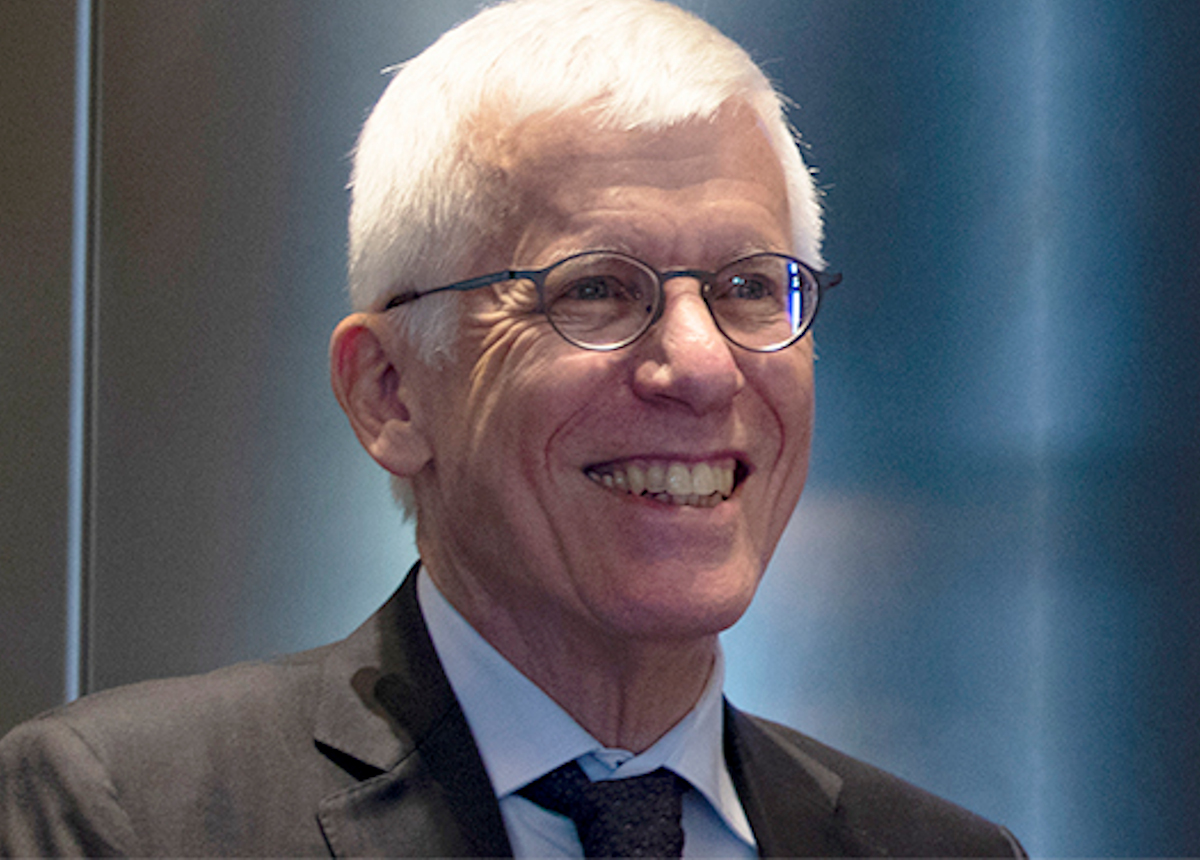The COVID-19 Pandemic: The J&J vaccine returns, Colorado climbs, and the Chauvin verdict
Apr 26, 2021
Now fully vaccinated, my wife and I took our first trip by airplane a week ago to visit our grandson, Nicholas, in Rhode Island. From check-in with its multiple attestations, to disembarking with front rows first, much was different. Masks were worn by all—and although many wore masks below the nose, thankfully most aerosols are exhaled via the mouth. Seeing Nicholas was a reminder of what we had lost—more than a year of his life transformed him from a toddler to a boy; zoom visits cannot replace hugs and playing Candy Land.
This glimpse of normalcy brings impatience as to the rapidity of regaining what we have lost with the pandemic. At the moment, Colorado’s epidemic curve is still rising but its growth may be slowing. Predicting the timing of its future downturn is difficult, but vaccination should win out in the weeks to come.
Patience is needed by all, particularly young and middle-aged adults. I have commented previously on the changing demographics of those ill with COVID-19 in Colorado—an increasing proportion of younger, middle-aged Coloradans as the benefits of vaccination are realized by those 65+. In yesterday’s New York Times, a similar shift was described in Michigan, the unfortunate epidemic leader among the states at present. On the one hand, the shift reflects the benefit of vaccines, while on the other hand, it indicates the need for adults to maintain adherence to control measures to limit transmission.
There is also the continuing emergence of evidence on the longer-term consequences of COVID-19. Last week, a paper published in Nature provided a comprehensive and alarming look at mortality and morbidity among Veterans who were 30-day survivors of COVID-19. On follow-up, the risk of dying increased by 50% among survivors and morbidity was at excess across all major organ systems, particularly, and not surprisingly, for respiratory disorders. In comparison to a cohort of influenza patients, the impact of COVID-19 was far greater. With millions of survivors, including approximately 500,000 in Colorado, avoiding longer-term complications should become a further rationale for ending the pandemic with as few cases as possible.
The CDC’s Advisory Committee on Immunization Practices (ACIP) met on Friday and voted for allowing use of the J&J vaccine with a warning concerning the possibility of thrombosis. There are clear advantages to having a one-shot vaccine, including the substantial numbers who are not seeking the second shot of the Pfizer and Moderna vaccines. Overall, the CDC found the risk-to-benefit ratio to be very favorable for the J&J vaccine. CDC Director Rochelle Walensky commented: "In terms of benefits, we found that for every 1 million doses of this vaccine, the J&J vaccine could prevent over 650 hospitalizations and 12 deaths among women aged 18-49, and this vaccine could prevent over 4,700 hospitalizations and nearly 600 deaths among women over 50."
And last week brought the long-awaited verdict in the trial of Derek Chauvin for the murder of George Floyd. The verdict of guilty on all charges was just. It set a new bar of accountability for police actions that harm and kill, but the verdict does not address the embedded structural racism that underlies some actions by law enforcement. Testimony in the trial has raised concern that inherent racial bias may extend to the determination of the cause of death. A recent paper in the Journal of Forensic Sciences finds that non-medical information, including race, may influence the assignment of cause of death. Early on, conflicting autopsy reports on Floyd’s cause of death were cited as a diversionary example of “gaslighting.” The reach of racism is wide.
At the Colorado School of Public Health, we kicked off a new internal Inclusive Excellence series planned by Cerise Hunt, the recently appointed Associate Dean for Equity, Diversity, and Inclusion. Daniel Goldberg probed the long-standing origins of structural racism with the example of the 1793 yellow fever epidemic in Philadelphia. A forthcoming series of workshops is directed at ColoradoSPH faculty.
Spring may have finally arrived in Colorado. Enjoy it.

Jonathan Samet, MD, MS
Dean, Colorado School of Public Health


